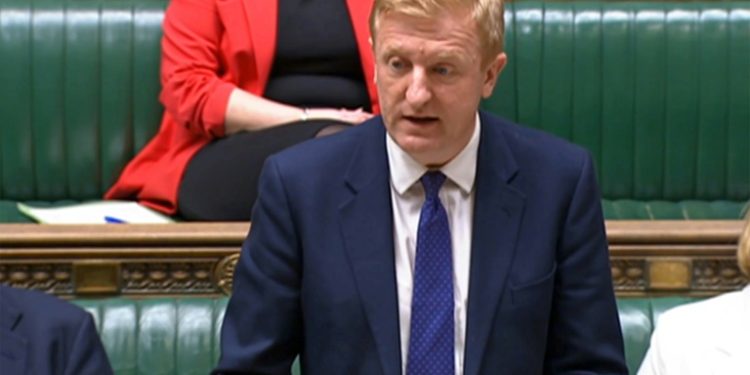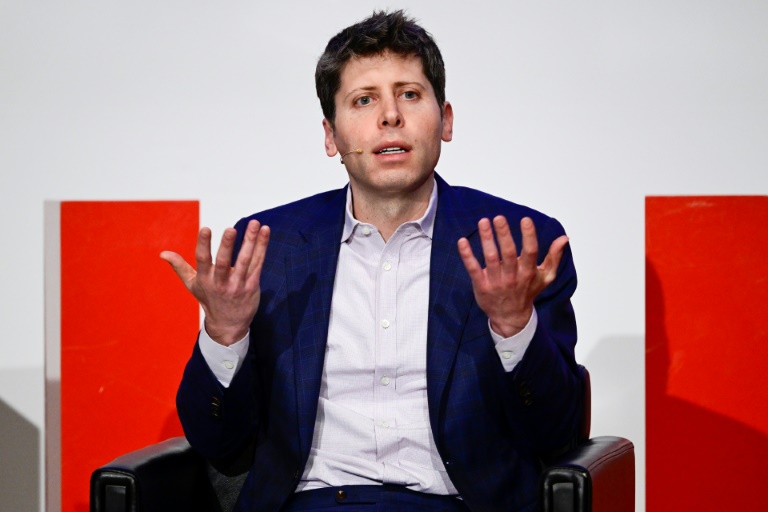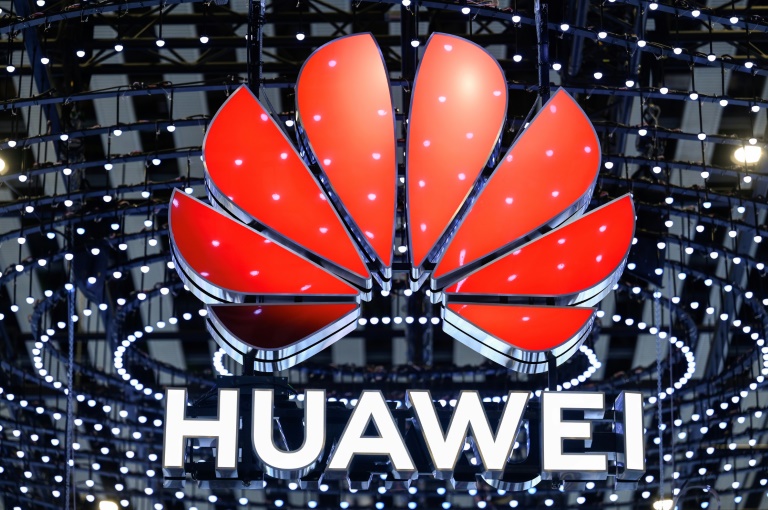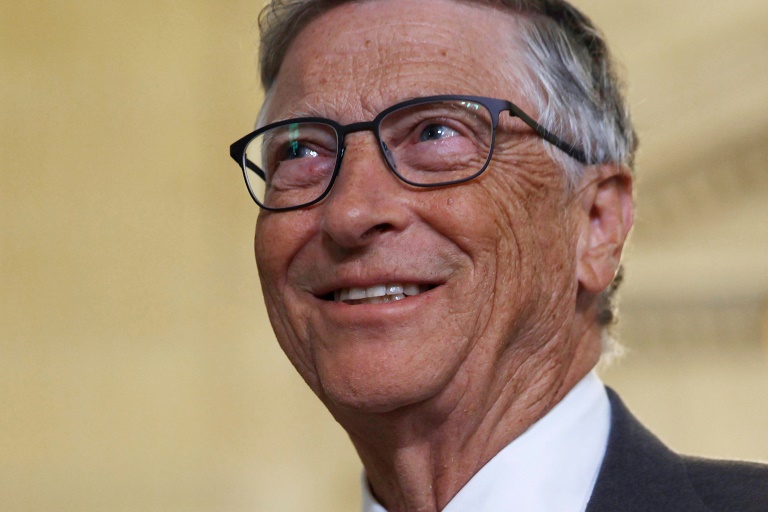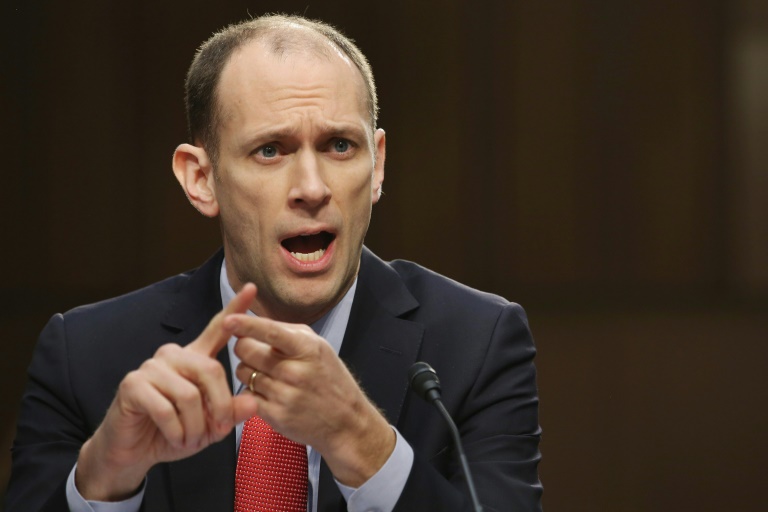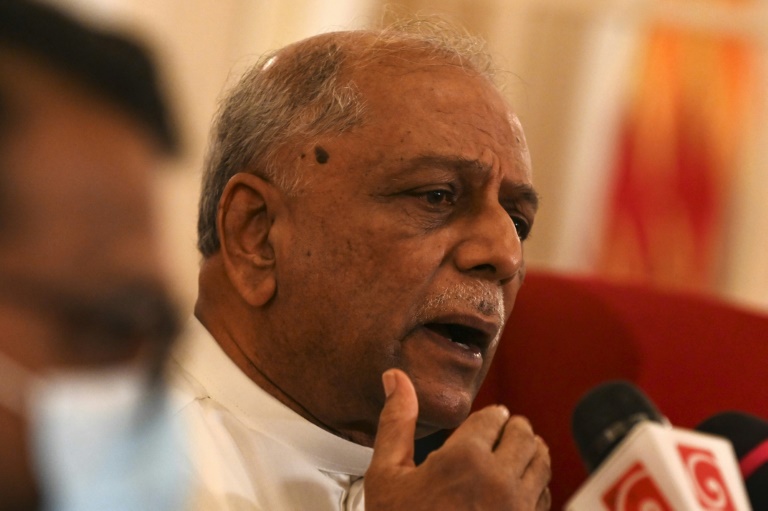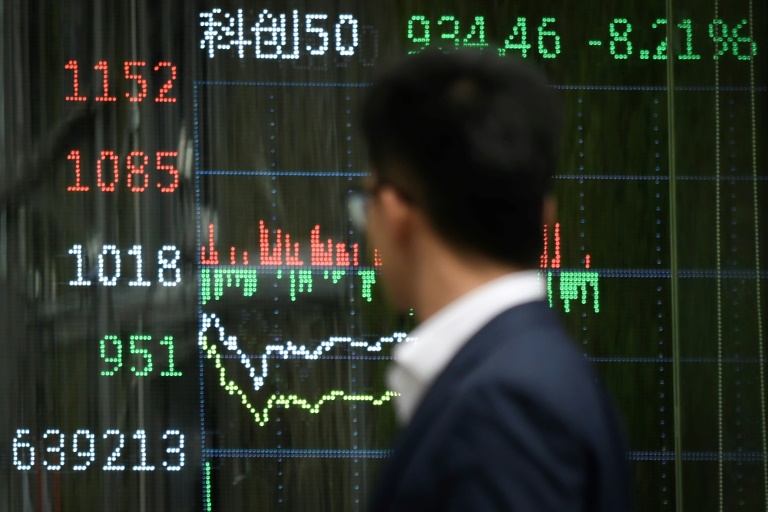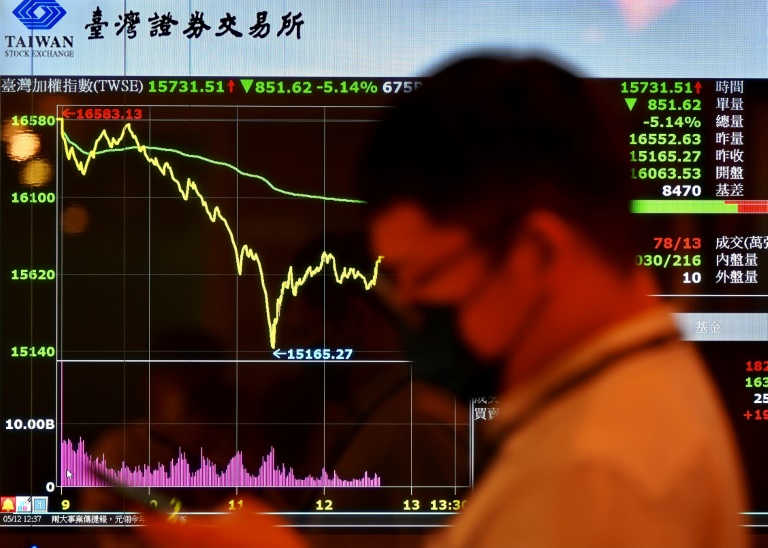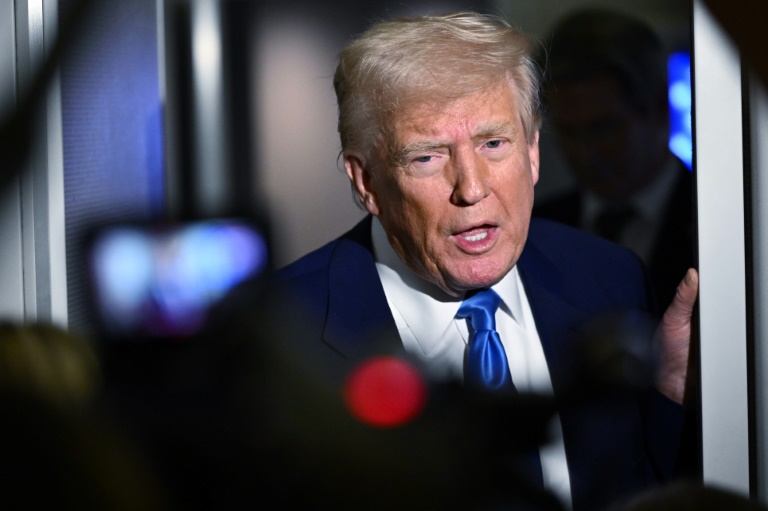London (AFP) – The UK on Monday accused Beijing-backed groups of targeting “democratic institutions and parliamentarians” in two cyber campaigns, unveiling sanctions and summoning China’s ambassador.
The Chinese embassy in Britain hit back, calling the claim “completely unfounded” and accusing London of “malicious slander”.
With Britain expected to hold a general election within months, London detailed attacks in 2021 and 2022 that targeted the Electoral Commission and UK parliamentary accounts, including those of lawmakers critical of China.
“Chinese state-affiliated actors were responsible for two malicious cyber campaigns targeting both our democratic institutions and parliamentarians,” Deputy Prime Minister Oliver Dowden told members of parliament.
He said that both campaigns, while a “real and serious threat”, were ultimately thwarted.
Dowden said an unnamed “Chinese state-affiliated entity” likely “compromised” UK Electoral Commission systems, but he insisted election security was not affected.
“It will not impact how people register, vote, or otherwise participate in democratic processes,” he said.
Parliament’s cybersecurity measures blocked a second campaign against lawmakers, many of whom are critical of Beijing, he added.
Two individuals and one company linked to the Chinese-backed group suspected of orchestrating the campaign — APT31 — have been hit with sanctions over the latter case. The Chinese ambassador to London has been summoned “to account for China’s conduct,” Dowden said.
Conservative MP Iain Duncan Smith, one of the targeted lawmakers, said Beijing should be labeled a threat to the UK.
He was one of several UK MPs sanctioned by China in 2021 because of criticisms of human rights abuses against China’s Uyghur minority and in Hong Kong.
– ‘Political manipulation’ –
China’s embassy in London slammed the accusations as “sinister action” by Britain.
Blaming China for the attacks “is completely unfounded and constitutes malicious slander,” it said in a statement released on its website, adding it had made a complaint to the UK side.
“The UK’s hype-up of the so-called ‘Chinese cyber attacks’ without basis and the announcement of sanctions is outright political manipulation and malicious slander.”
In recent years, Western nations have become increasingly willing to expose foreign cyber operations and point fingers at foreign governments — most notably China, Russia, North Korea, and Iran.
China has “never encouraged, supported, or condoned cyberattacks,” the embassy statement said. But Dowden said the cyberattacks were “the latest in a clear pattern of hostile activity originating in China”.
The British announcement came as Washington said it had charged seven Chinese nationals in connection with a 14-year campaign against critics of Beijing.
Deputy Attorney General Lisa Monaco said more than 10,000 emails were sent as part of a “prolific global hacking operation” targeting US and foreign-based businesses, politicians, and journalists.
Late Monday, New Zealand also revealed its parliamentary system was hacked into by a Chinese state-backed group in 2021.
The country’s counter-espionage agency in Wellington said a state-backed group known as “APT40” compromised computers linked to the Parliamentary Counsel Office, which drafts and publishes laws.
New Zealand Prime Minister Christopher Luxon told reporters that it was a “big step” to blame the cyber attack on China, his country’s biggest trade partner.
New Zealand Foreign Minister Winston Peters said he had instructed diplomats to “speak today to the Chinese Ambassador, to lay out our position and express our concerns”.
“That conversation has now taken place,” he said.
– ‘Political interference’ –
The UK has for several years been at loggerheads with Beijing over crackdowns on civil and human rights in China and the former British colony Hong Kong.
Ties have been strained further by the UK blocking access to Chinese companies in key British infrastructure projects, including in the nuclear and IT fields.
Last year a UK parliamentary researcher was arrested under the Official Secrets Act on accusations of spying for China.
In 2022, the UK domestic intelligence service, MI5, said that a female Chinese government agent had been “engaged in political interference activities on behalf of the Chinese Communist Party, engaging with members here at parliament”.
In July, parliament’s intelligence and security committee accused China of targeting the UK “prolifically and aggressively” and complained that the government did not have the “resources, expertise, or knowledge” to deal with it.
China has consistently denied accusations of espionage and other wrongdoing.
burs-ryj/arb/reb/mca
© 2024 AFP

